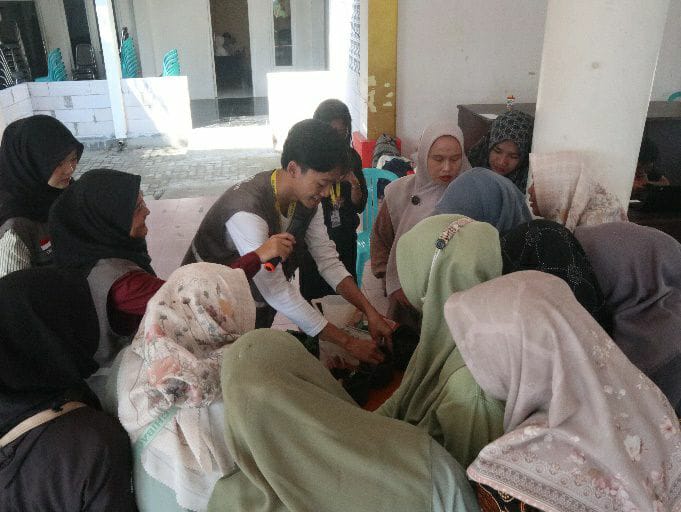
Dani Abyan Adam, a student of Agricultural Extension and Communication at the Faculty of Agriculture, Universitas Gadjah Mada (Faperta UGM), embarked on his Kuliah Kerja Nyata Pembelajaran Pemberdayaan Masyarakat (KKN-PPM) as a tangible form of active engagement with the community. His passion for education and empowerment became a strong foundation for his role as an agent of change within society.
During this KKN period, Adam joined Citta Bulukumba, a multidisciplinary team integrating various clusters of expertise with a collaborative spirit to address local issues through cross-sector approaches, under the guidance of Dr. Dwi Ertiningsih, S.Si., M.Si as the Field Supervisor (DPL).





